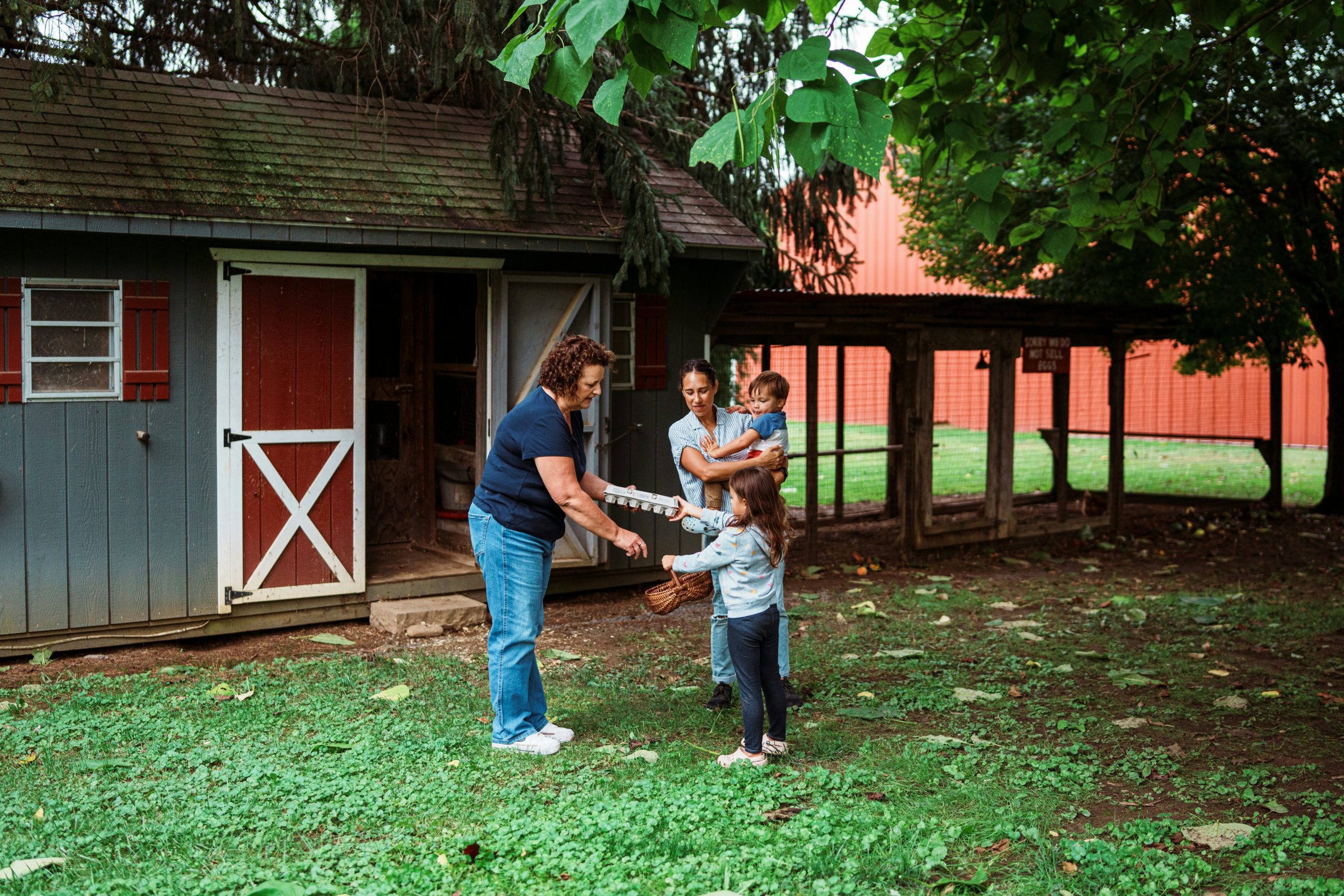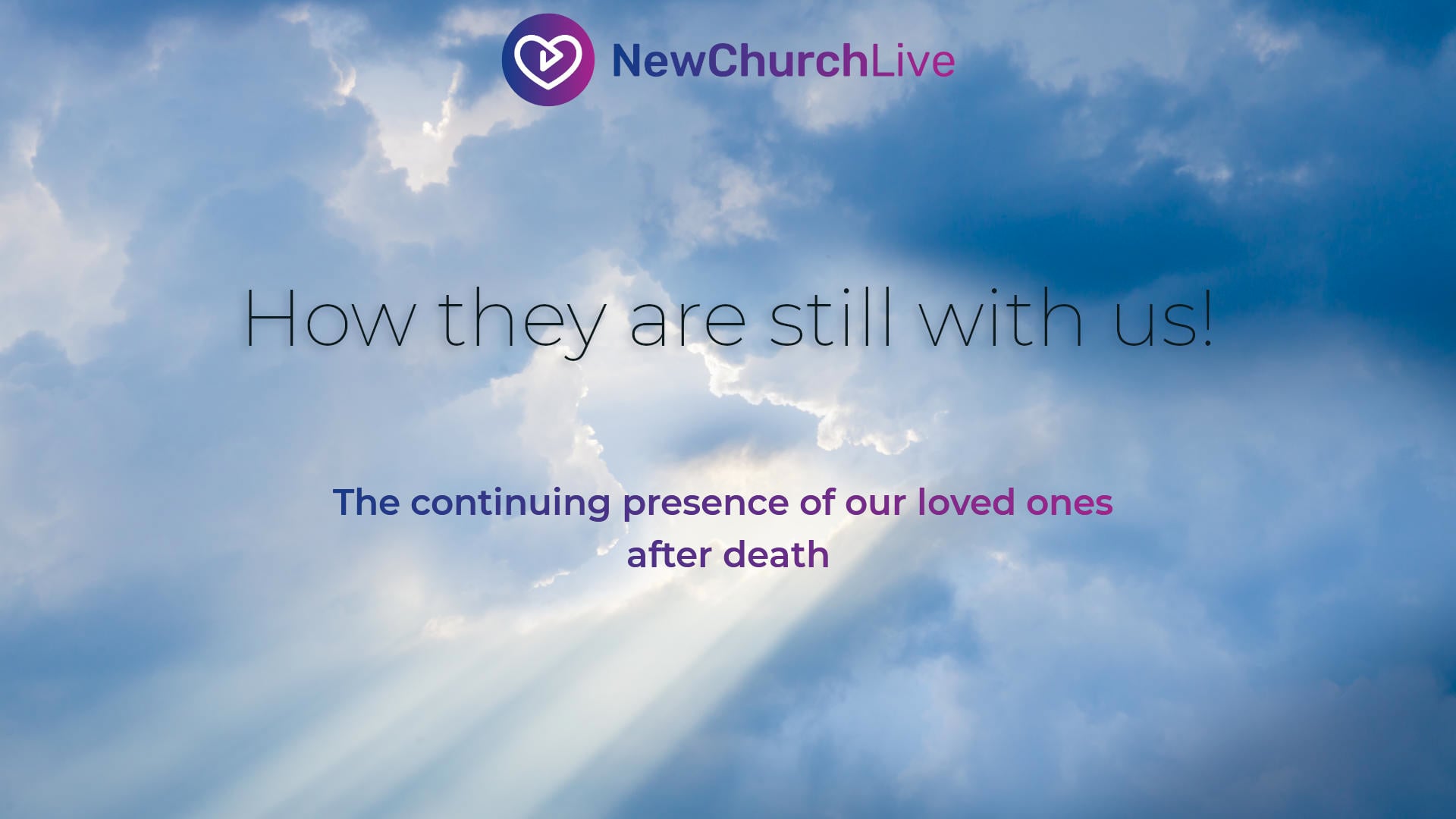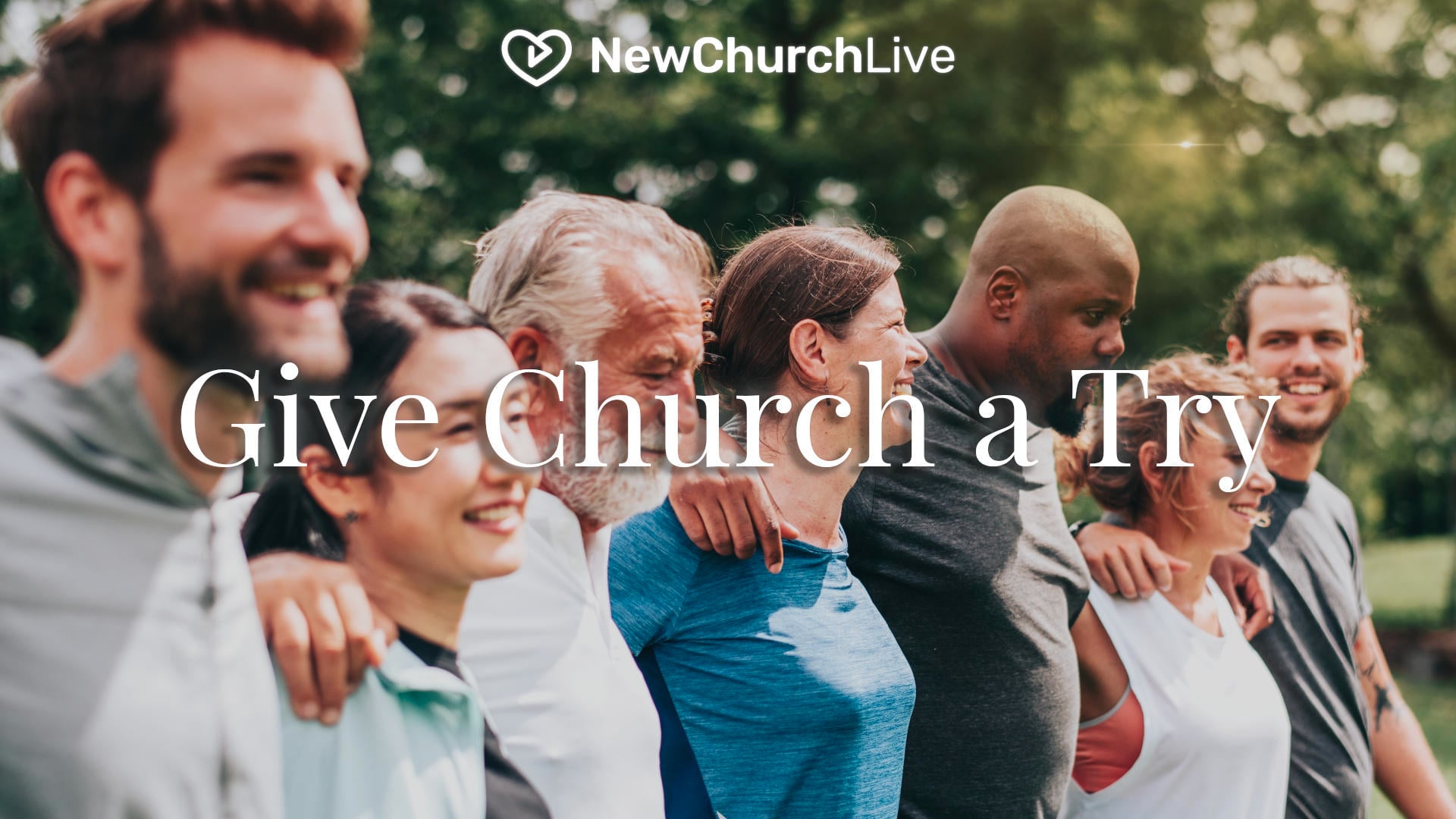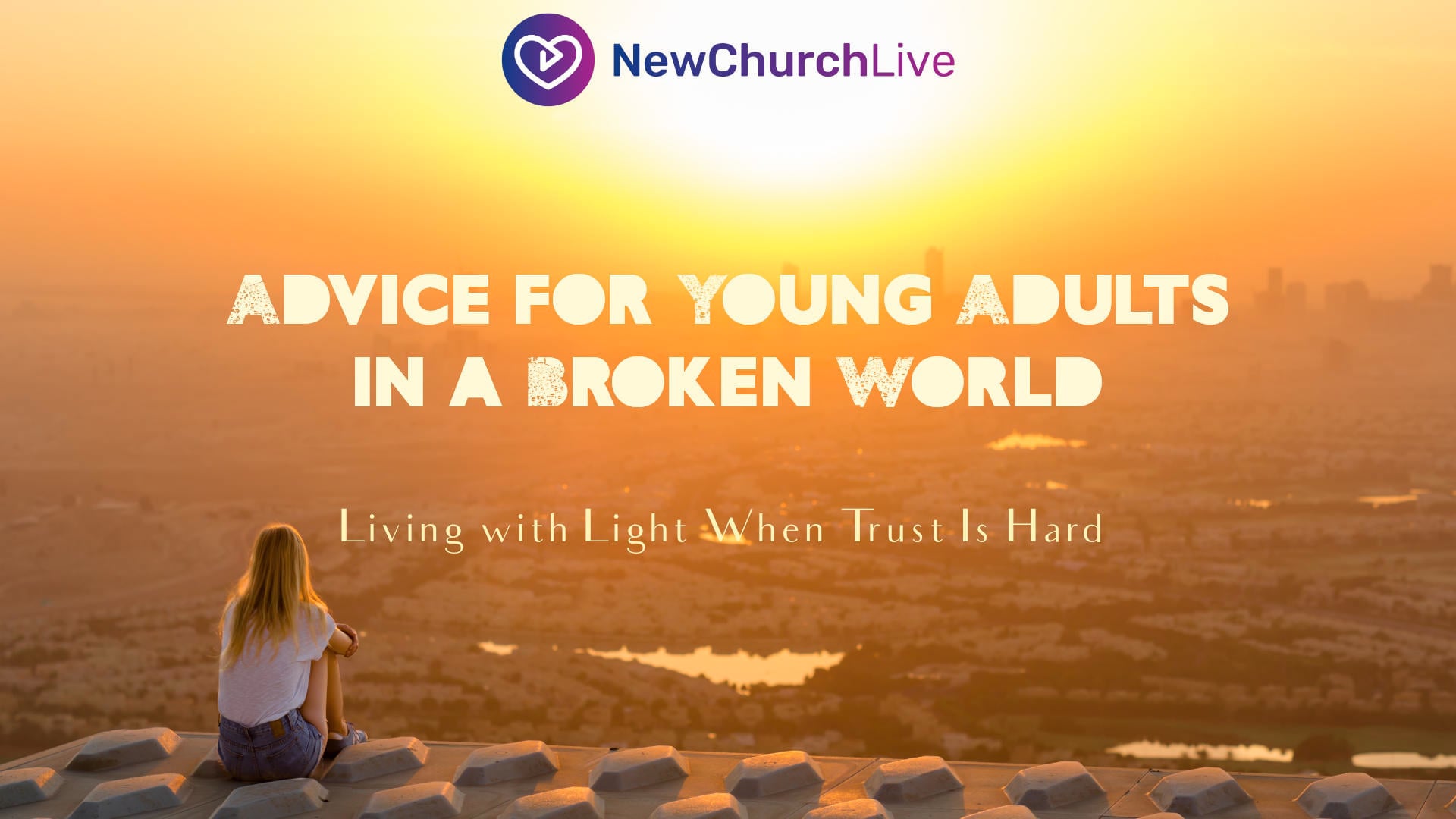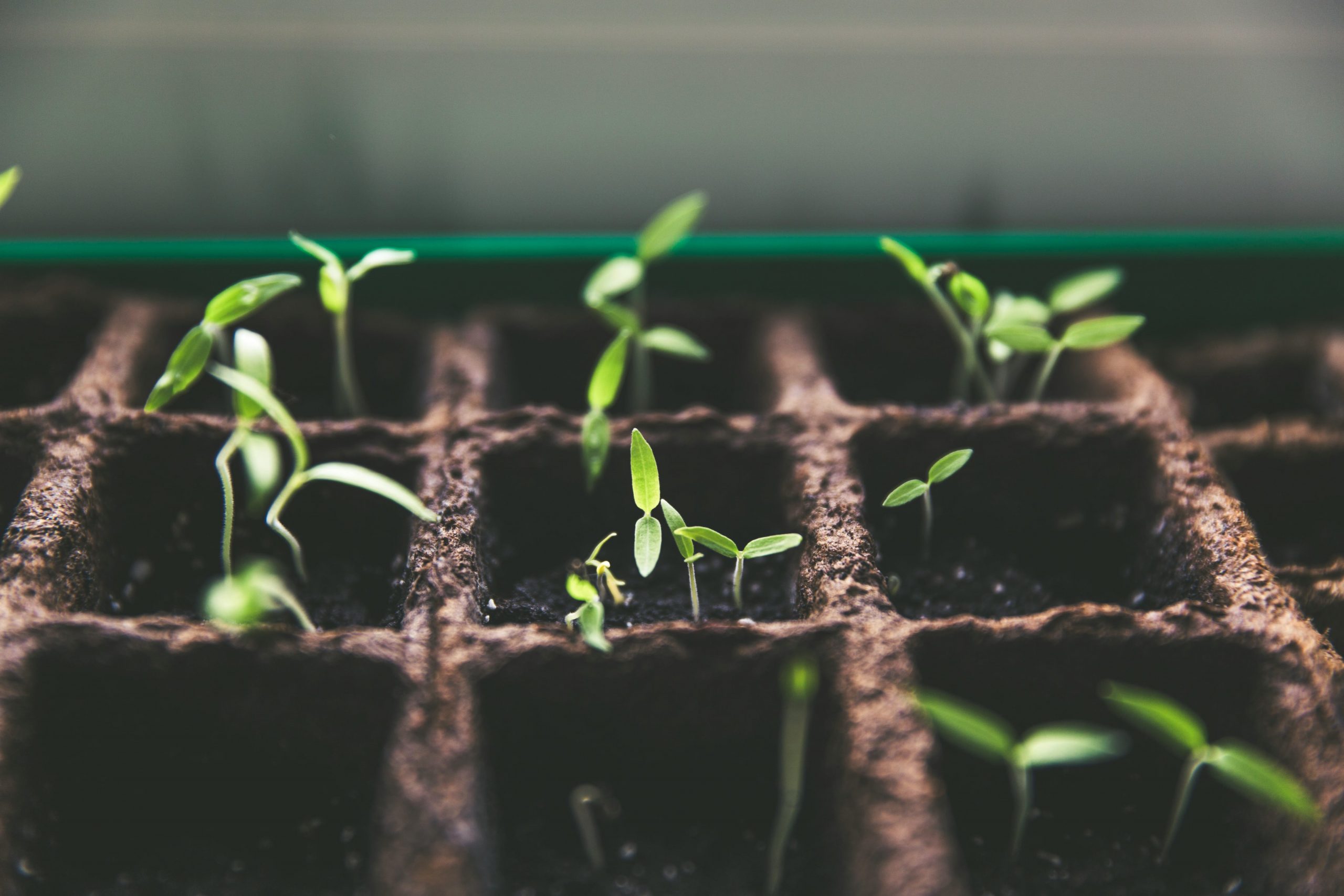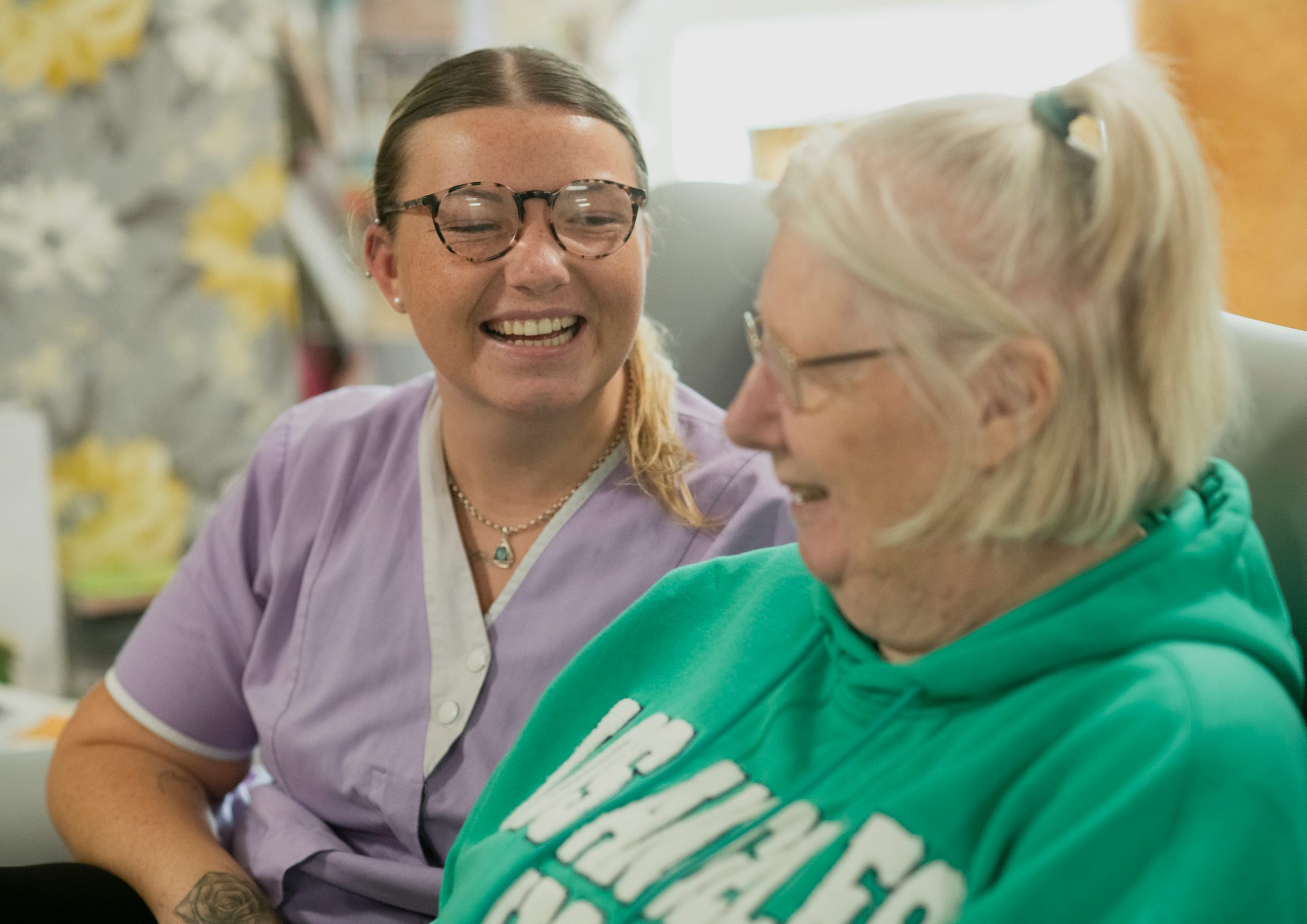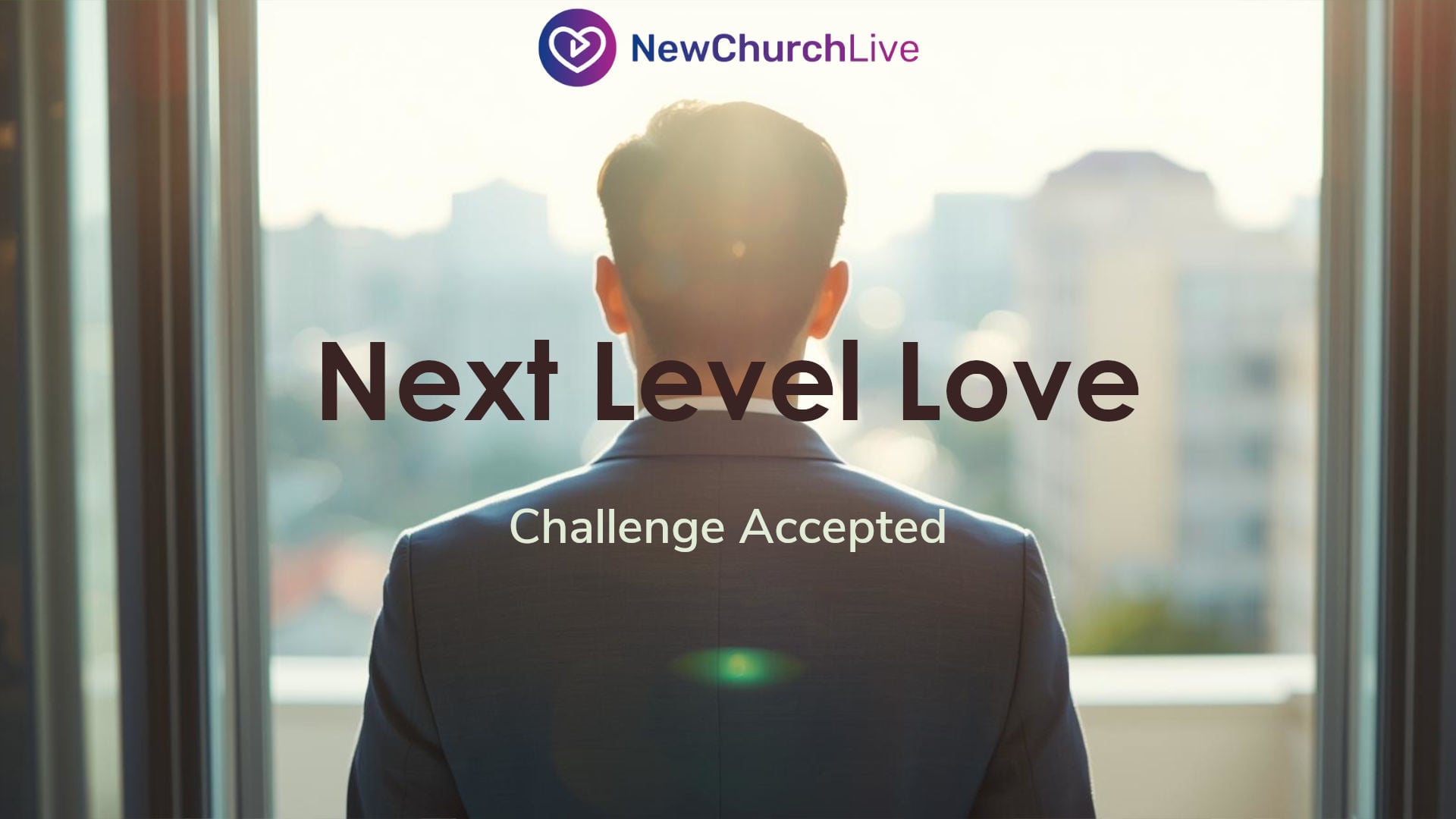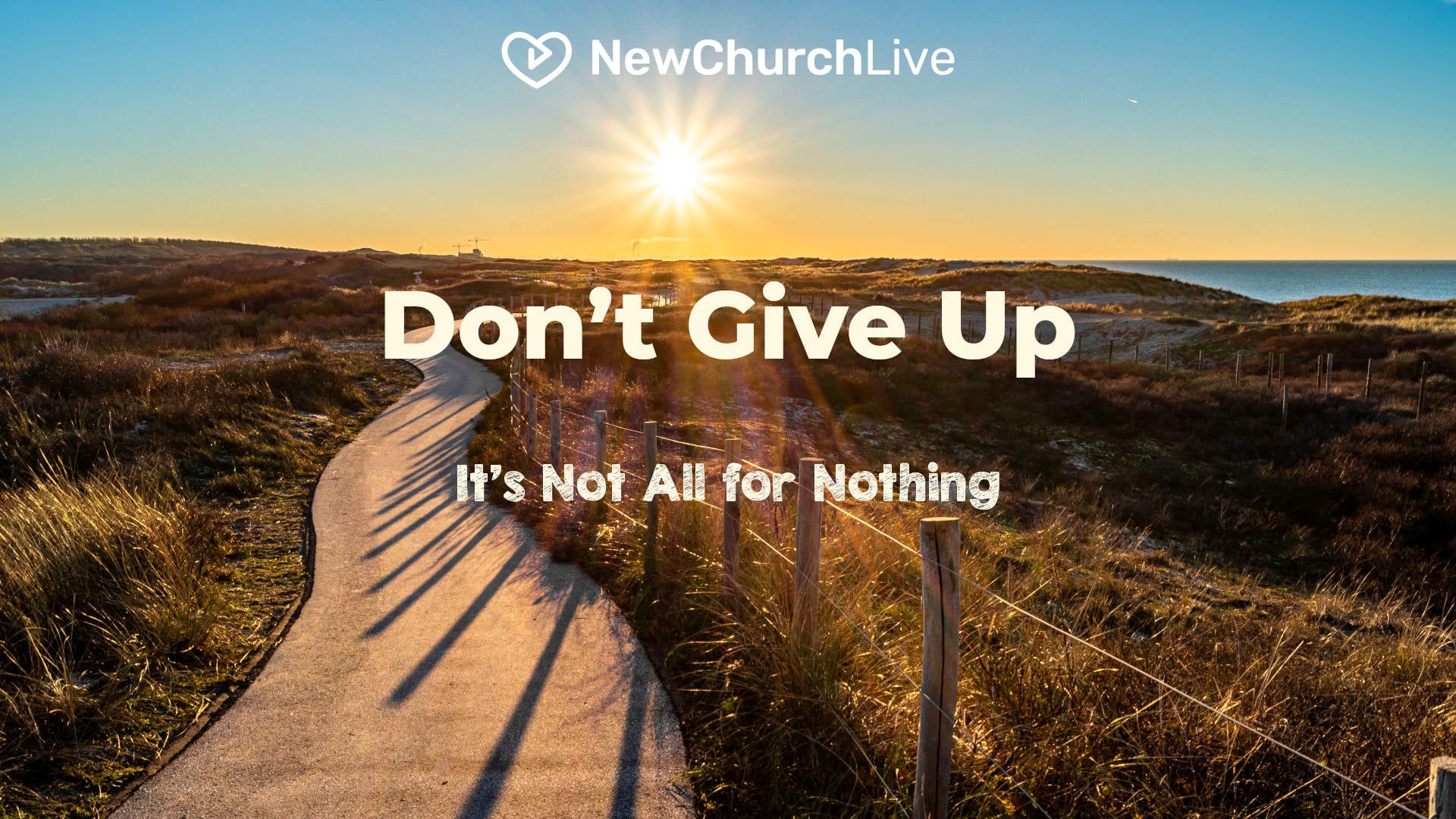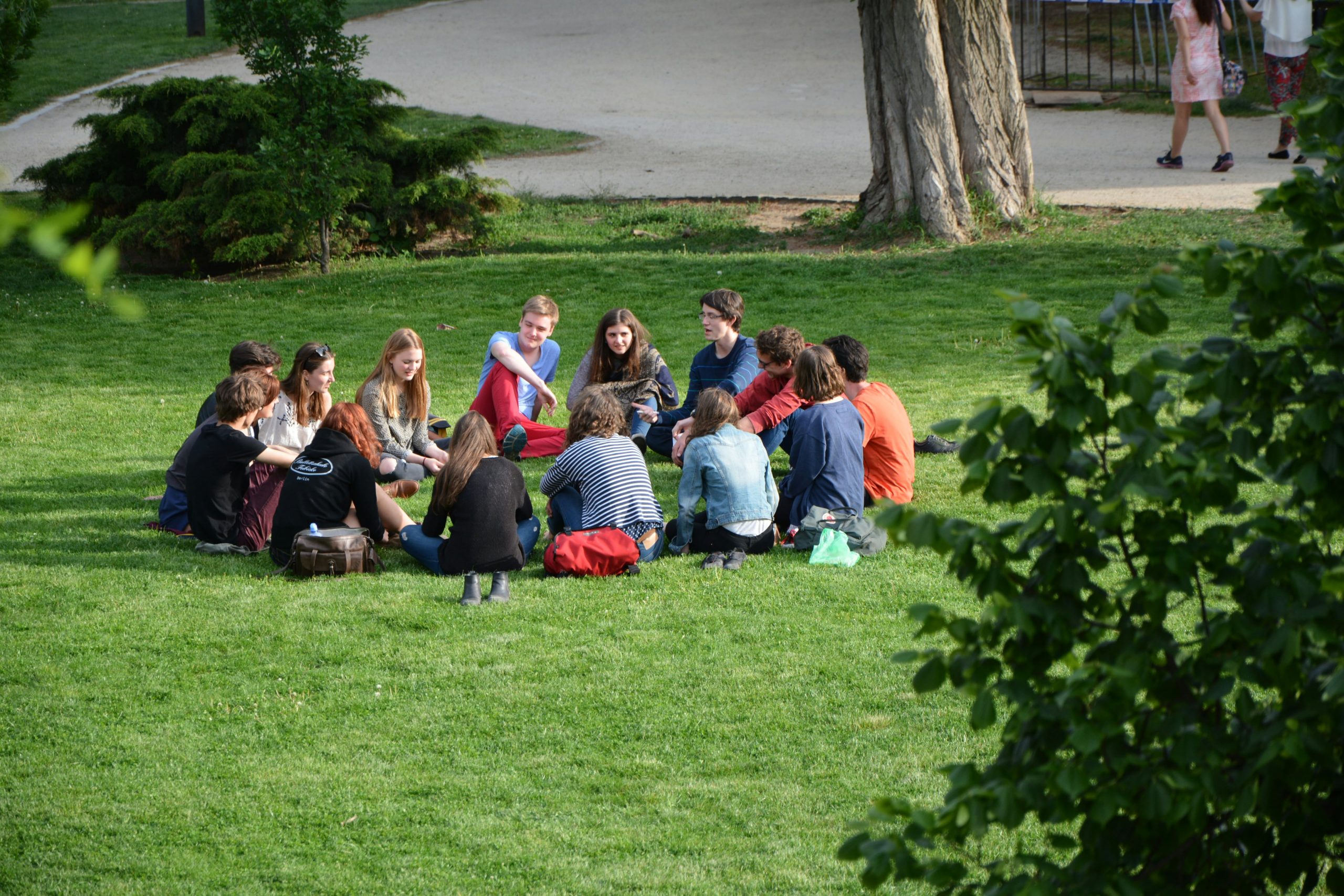“An old adage reads well – we believe that a good life engenders gratitude yet, in reality, gratitude engenders a good life. “To be a saint [then] is to be filled with gratitude … nothing more and nothing less.” -Anne Voskamp
In our lives, gratitude should be, at least, a daily thought or discussion among our families, our friends, our communities, and in our churches. Many of us work to identify the people, places, and things we’re grateful for in our lives, that effort has spiritual, emotional, and physical benefits.
Through gratitude, we are better able to show up for God, our families, our communities, and even ourselves. But for many of us, being grateful and showing gratitude isn’t always easy. Life isn’t always full of gifts…or is it? How we understand gratitude can impact how we are able to put it into practice.
Quick Links:
What Does Gratitude Mean?
Why Gratitude is Important
Gratitude for God and Others
How to Show Gratitude
Table of Contents
What Does Gratitude Mean?
Gratitude is the feeling, and embodiment, of thanks and appreciation. And, perhaps more importantly, gratitude is the appreciation we have for things outside of ourselves. Often, we associate gratitude only with the good, our wins in life, but Swedenborgian theology asks us to consider that all things in life should bring us gratitude. That means that loss, failure, grief and hurt are also “gifts.” How? Why?
Because gratitude means we accept what we are given and do with it what we can. It is gratitude that allows us to see that the good things are nurtured or passed along and that we turn negative experiences into a greater understanding. We appreciate the opportunity for learning and to grow, which often occurs when we are faced with challenges. In short, we take our grief and we turn it into compassion for others rather than bitterness or anger. When it comes to the things and people who bring us happiness, it’s easy for us to feel gratitude.
The lesson of gratitude is not that only people who experience good fortune are grateful, but that for the grateful, everything is fortunate.
Why Gratitude is Important
Hopefully, a great understanding of what gratitude is leads to a clearer understanding of why it’s so important in our lives. It’s not just the turning of lemons into lemonade, but the gratitude for experiencing both the lemons and the lemonade. Our ability to internalize our experiences, to receive these “gifts” from God and others and, in turn, deliver that back to the world as love, compassion, and service is what gratitude is all about.
And yet, gratitude also does us good. In fact, research on gratitude shows us that it has a powerful impact on our mental health. It can help us:
- Reduce stress
- Feel happier
- Decrease anxiety
- Lower risk of substance abuse or dependence
Obviously, improvements in mental health also lead to improved physical health as well. When we’re happier, we have more energy and more desire to participate in the activities we enjoy and to pursue and build relationships with those we love. However, there are also very real physical benefits to practicing gratitude. In fact, research shows gratitude can:
- Improve sleep
- Boost immunity
- Decrease symptoms of chronic pain
So not only does gratitude help us build and better connect with God and those around us, but it’s good for us too. Is it possible to be grateful for gratitude?
Gratitude for God and Others
One of the important aspects of gratitude, according to Swedenborgian theology, is that we work on and cultivate gratitude for God and for others.
One of the key benefits of gratitude for God is that it keeps us humble and helps us appreciate the gifts God has given us. We are then open and receptive to God’s messages, as well as those from spiritual messengers.
This gratitude for God helps us grow, see the world for (and through) the gifts it presents, which then also opens up the opportunity for us to view others in our lives with the same eyes. That is, gratitude and love for God prepares us to experience and share those things with our family, our community, and our friends.
A grateful relationship with God helps create grateful relationships with others as gratitude is a social emotion that helps build, nurture, and strengthen our relationships with others. For gratitude to exist, we have to release self-love and ego. Gratitude requires us to see the shared experiences as well as, respectfully, the space between us and others. And, in that space, we find mutual love or love for others.
Mutual love not only allows us to continue to see the gifts we receive but also see the entire experience, exchange, and feeling of gratitude as a gift itself.
How to Show Gratitude
One of the most interesting aspects of gratitude is that it’s not a solitary emotion. Much like prayer and faith, it is a feeling grounded in and connected strongly to community and connection. That means that gratitude must be shared. When we say that, we certainly mean saying things like “I’m grateful for…”, but it’s more than that.
Much of Swedenborgian theology hinges on action. How do we show our faith? How do we show our connections? Our commitments? Gratitude is no different. It’s wonderful to feel it; it’s God’s desire that we also share it and show it, but how?
We show gratitude in the ways we interact with one another. Do we show compassion? Empathy? Care and consideration? Remember, gratitude is, in part, about how we convert life experiences into the way we interact with one another. We are grateful for the experiences that allow us to be more present and more loving. So, one of the best ways we can show gratitude is through our kindness to others.
Another way to show our gratitude is through giving to others. When we are thankful for what we have, we want to bring others into a space of gratitude and we can do that through sharing. It may be sharing time, energy, or resources.
For many, acts of service are a tangible practical way to show gratitude as well. In fact, our community regularly participates in both in-person and virtual acts of services and asks our church community to seek out opportunities to practice gratitude as well.
The most amazing part of gratitude is that it is a practice. It’s an action, like faith. It asks us to step into both comfortable and uncomfortable spaces to grow, with others and with God. And, in the long run, that practice benefits us as well through stronger relationships and connections, as well as those more personal benefits we noted above!
If you’re looking to find a community that seeks to embrace and embody gratitude, then we’d love for you to join us. One of our goals is to meet people wherever they are in their journey; we’re just grateful you’re here. Reach out today and let’s practice gratitude together.









